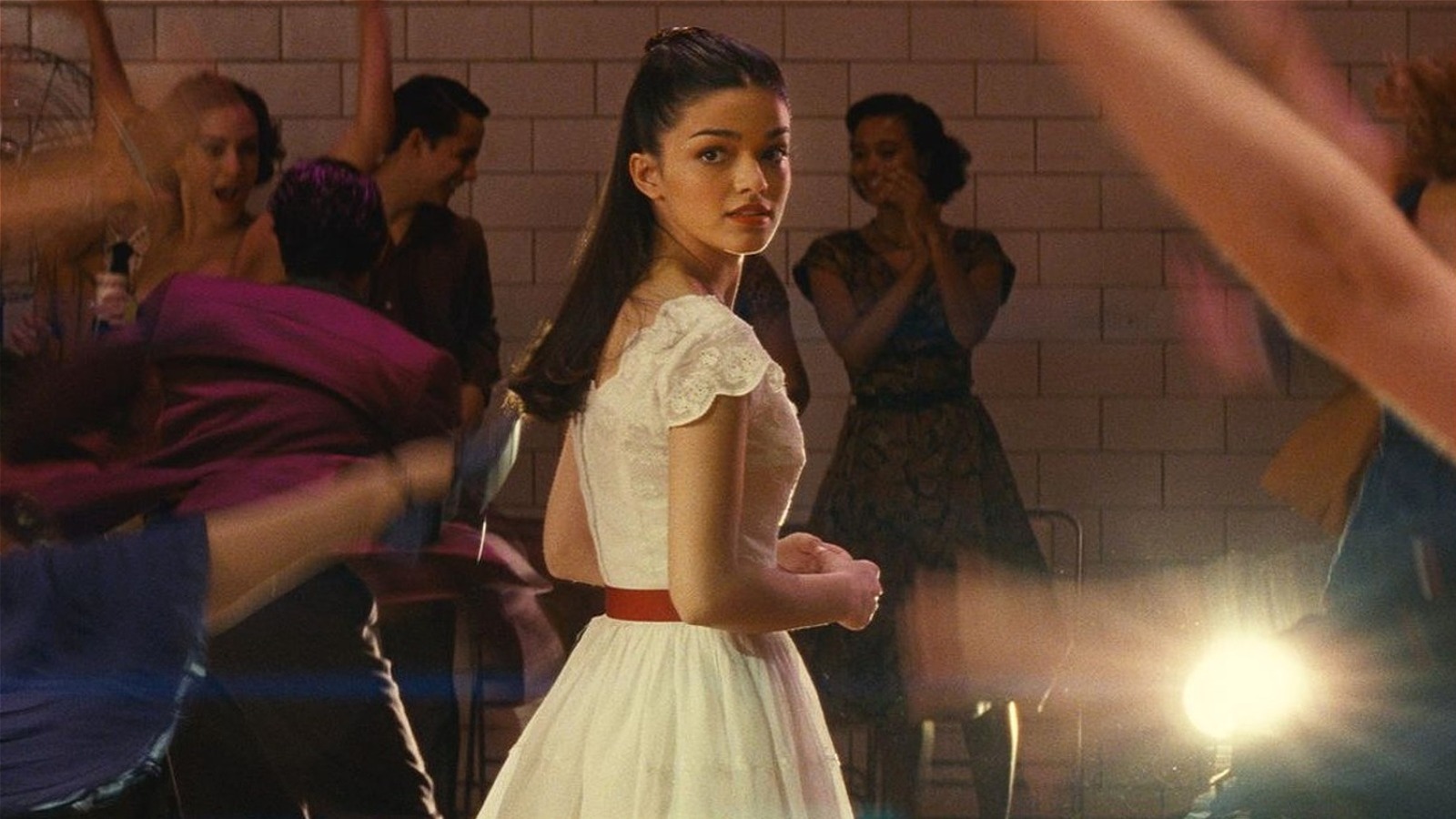Predictably, this inspired of a lot of knock-offs and disputatious blog responses: I know I disagreed with a lot of it, like its broad-brush dismissal of molecular cooking. So I'm belatedly chiming in with my own not-especially-original list that includes a few tropes that regular readers of this blog will recognize as old hobbyhorses of mine. Here's my Boston-flavored 10 Worst Dining Trends of the Past Decade:
- Egregious markups on ordinary wines, especially American ones. As I've documented at length elsewhere, certain restaurants in Boston get away with murder on this score, apparently because their clientele is too undereducated on wine pricing or entranced by atmosphere to realize they're being swindled.
- Bashing of molecular cooking. It's easy to be dismissive of foams and other chem-lab approaches to cooking, at least as employed by chefs who use them as gimmicks to mask their lack of traditional cooking fundamentals. But to my ear, a lot of anti-molecular gastronomy rhetoric sounds like culinary anti-intellectualism, effectively “Haw, haw, that foo-foo food stuff is fer fags!” The truth is that molecular cooking as employed by masters like Grant Achatz or Wylie Dufresne can be a beautifully artistic (and delectable) application of food science. Still, innovation in the kitchen has always met with reactionary resistance: cooking raw animal flesh over fire was probably pshawed by some cavemen. In the less-distant past, once-edgy technologies like the food processor, stick blender and dehydrator were used only by professionals. In short, your mocking of molecular cooking today may look pretty stupid five or 10 years from now when you're buying a home sous-vide machine.
- The rise of casual-dining chains, with their emphasis on portion size over quality, their dumbing down of regional and traditional cuisines (more on this below), and their crushing of more worthy, idiosyncratic, locally-owned independent restaurants.
- The grotesque swelling of portion sizes, pioneered by the chains and often forced upon independents as a competitive response. I hate the consequent expectation now carried around by most diners that they will leave with enough leftovers to make three more meals.
- The ongoing debasement of distinctive regional specialties and traditional cuisines (again with national chains as a major culprit). The ignominies of American Chinese food are an ancient example, but there are plenty of newer abominations against authenticity: par-boiled grilled meats char-grilled with a finishing sauce burnt on and called “barbecue”; breaded chicken wings referred to as “Buffalo wings”; chain-level Tex-Mex posited as Mexican cuisine; the suburbanization of Thai food; P.F. Chang's.
- The proliferation of national luxury-steakhouse chains, a format that I find boring and mostly a ripoff. For example, Boston already has a half-dozen good locally-owned platinum-card beef palaces. No city of our size also needs a Smith & Wollensky, a Plaza III, a Fleming's, a Ruth's Chris, a Palm, two Morton's and three Capital Grilles.
- The term "foodie". I think this label had some positive connotations once, but it has since been claimed by the kind of fools who think beating their friends to the latest overpriced It Place somehow makes them special, and dopes who watch 40 hours of Food Network programming a week but would never dare venture into Chinatown. Nobody I know who is really adventurous and single-minded about finding extraordinary food calls herself or himself a foodie anymore. (One might argue that the rise of the “foodiot” – a term coined by Joe Pompeo in a funny New York Observer piece for the kind of annoying food-obsessive who won't shut up at parties or on their blog about where and what they've been eating lately – is equally lamentable, but I'm not calling that particular kettle black.)
- The Phantom Gourmet, for: a) fooling some naïve viewers into thinking the show provides unbiased restaurant reviews when it actually spends most of its time giving tug-jobs to its advertisers, b) spreading the notion among viewers sophisticated enough to recognize the Phantom's grifting that all restaurant reviewers might be whores, and c) those hairdos.
- Food-centric reality TV, epitomized by the appalling crapfest that is Hell's Kitchen. The patently bogus, manufactured drama, as well as the casting of hosts like Gordon Ramsay and some chef contestants for their sheer obnoxiousness, are lowering the bar further for reality TV's already subterranean level of insults to viewer intelligence.
- The death of restaurant dress codes. I understand it's difficult for restaurants to turn away any business in these brutal economic times, and that dress codes merely reflect our society: we customers are the ones wearing sweat pants, hoodies and flip-flops to church, the mall and the workplace. But I still think it's a damnable shame that our top-flight destination restaurants can't enforce some minimum level of decorum (as in, “Take off your baseball cap in the dining room at L'Espalier, asshole”) for the benefit of other patrons who are celebrating big-number anniversaries, birthdays or other special occasions. Too bad it's a fallen world.




